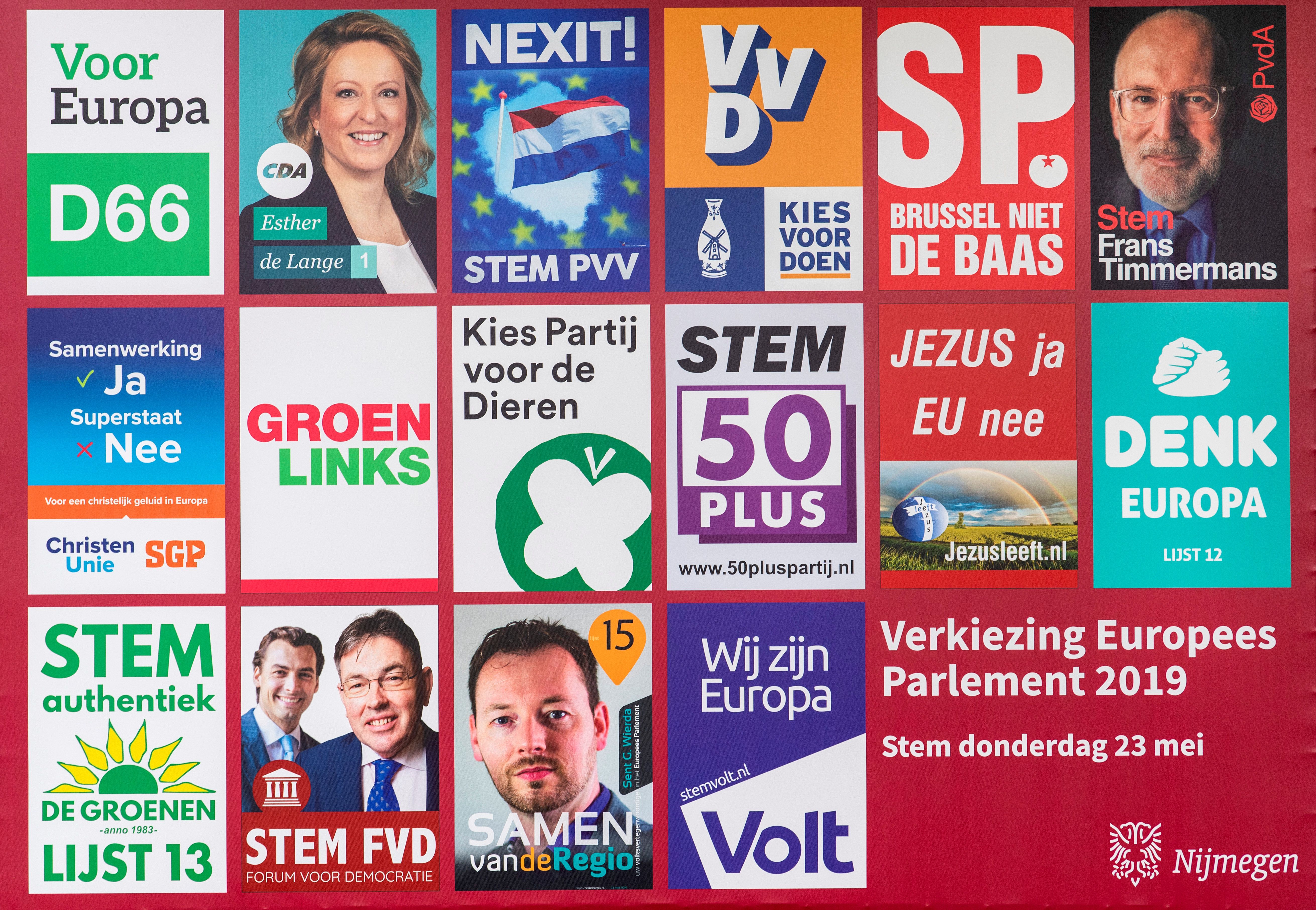Populist nationalists who have rocked the political establishment in European capitals from Rome to Berlin in recent years now have their sights trained on a new target: the European Union itself.
Starting tomorrow, voters across the bloc's 28 member states will cast ballots for the next European Parliament, the Union's legislature. Candidates from across the bloc compete for 751 seats that are divvied up roughly according to each member state's population.
The Parliament is the only democratically elected governing body of the EU, and it has final say over contentious issues like EU-wide migration policy, trade rules, and budget allocations. The EU Parliament also plays a role in selecting the EU Commissioner, the bloc's most powerful official.
That power is something that far-right populists, buoyed by success in their own countries, now want a bigger piece of. In particular, Italy's Matteo Salvini and France's Marine Le Pen, whose parties once advocated for leaving the EU, are now joining in a loose alliance with other populist nationalists, hoping to win enough seats to bend EU rules in the more anti-immigrant and nationalistic direction that their supporters want.
Polls suggest the nationalists will do very well: A pro-EU coalition of the center-left and center-right is expected to lose its majority for the first time in 40 years, as parties from the extremes, but particularly the right, surge.
But they are still badly fragmented. While the populist-nationalists agree that they want less oversight from Brussels and a more restrictive immigration policy, they haven't been able to coalesce into a single bloc, because of disagreements over who would lead the group and what its main objectives should be. That means that the next EU Parliament may end up deeply fragmented and ineffectual.
The campaigning for EU Parliament also has a lot to do with national politics, and here there are a few key implications to watch:
French President Emmanuel Macron's forceful and defining push for a more unified Europe would effectively be dead if populist parties score a big victory – that could pull the rug out from under him in national politics as well.
Italy's Salvini might call for snap elections at home if the polls confirm his Lega Party's growing popularity.
In Poland, the ruling Law and Justice Party, which faces national elections later this year, is looking to gauge whether its prolonged fight with the EU over rule of law and cultural issues has been a political winner or if it's a reason the party has lost some ground to the opposition.
The upshot: Far from a snooze-fest, this week's elections could significantly shift the direction of the world's largest economic bloc.
- Finland's Election Veers Right: Europe in 60 Seconds - GZERO Media ›
- What's up with European Elections: Europe in 60 Seconds - GZERO ... ›
- Will there be a nationalist surge in the European Parliament election? - GZERO Media ›
- Will there be a nationalist surge in the European Parliament election? - GZERO Media ›
